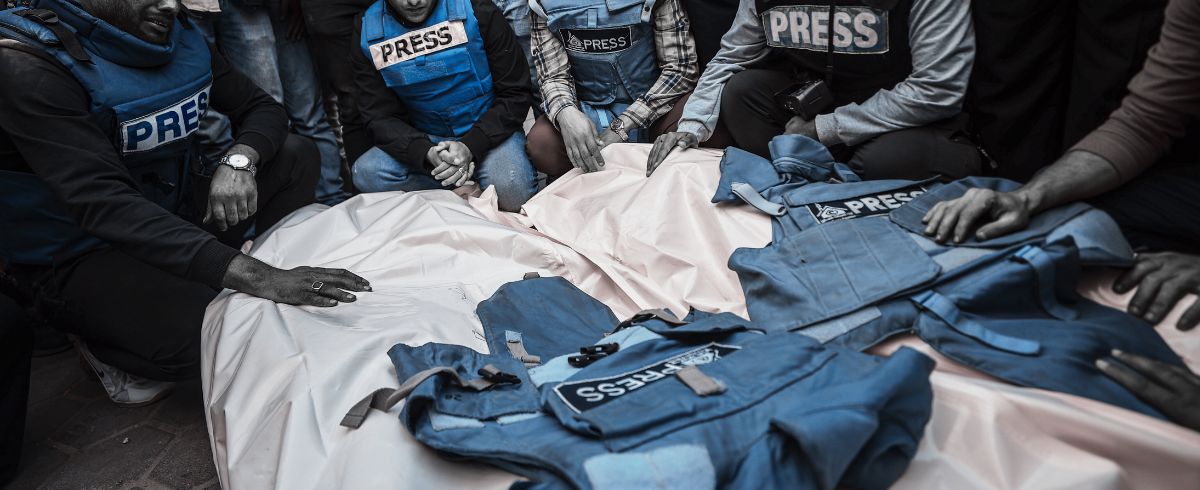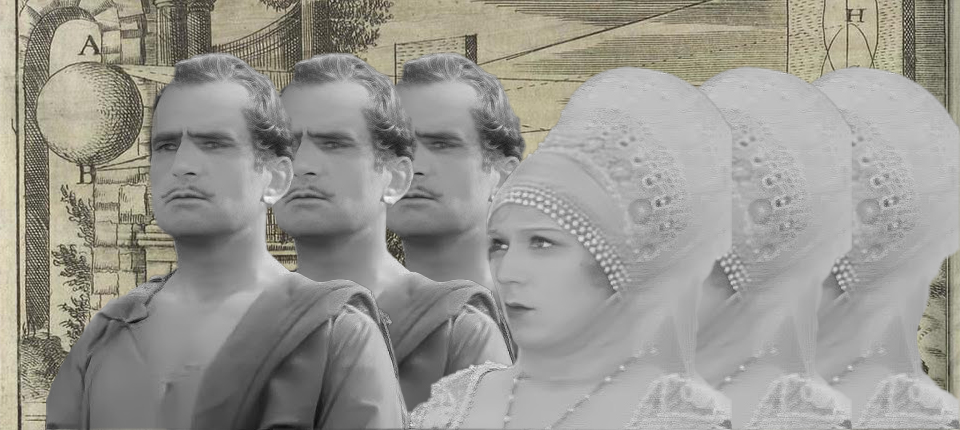When Waiting for Godot had its premiere in Paris in 1953, Samuel Beckett stayed away. He was no fan of attention and felt anxious about sitting in the crowded auditorium. But he sent his partner, Suzanne Déchevaux-Dumesnil, to check on the production for him, and shortly after he wrote to the director, Roger Blin:
There is one thing that bothers me: Estragon’s trousers. Naturally I asked Suzanne if they fall down properly. She tells me that he holds on to them halfway down. This he must not do – it’s utterly inappropriate… let the trousers fall right down, round the ankles. It must seem silly to you, but to me it is vital.
His fastidiousness about his stage directions being followed to the letter, upheld in the years since his death by his estate, has challenged directors ever since. Given the restricted scope for interpreting the mise en scène, the energy around a new production of Waiting for Godot often comes from its casting. This has made it an unlikely vehicle for celebrity actors wishing to demonstrate their theatre chops.
Over the years, Steve Martin, Robin Williams, Rik Mayall, Adrian Edmondson, Richard Wilson, Ian McKellen, Patrick Stewart and even Barry Humphries have taken to the stage in Beckett’s oblique, existential masterpiece. Next autumn Keanu Reeves will make his Broadway debut in the play, alongside his Bill & Ted’s co-star Alex Winter, in a new production from the British director Jamie Lloyd – known for his bold, star-studded and powerfully current takes on the canon.
Presumably that production will be more punchy than the Theatre Royal Haymarket’s sober, carefully wrought interpretation by James Macdonald. Macdonald is known for his subtle takes on ambitious, experimental works by some of theatre’s most interesting contemporary playwrights; he is the “go-to” director for Caryl Churchill and Annie Baker. As Vladimir and Estragon, Ben Whishaw and Lucian Msamati have nothing to prove – long before they were Paddington Bear and one of the baddies from Game of Thrones, both started their careers in theatre, and they have reputations that place them among Britain’s finest stage actors. Macdonald’s flourish here is to soft-pedal the slapstick, directing them in a finely tuned production that focuses on the human frailty of its protagonists.
As the play opens, Rae Smith’s stark set rotates and clicks into place, breaching the auditorium’s gilded proscenium arch. This country road is the desolate grey of a place where a bomb has fallen; a stray piece of tarpaulin clings to the bare branches of the tree. Smith has committed an act of iconoclasm by replacing Estragon and Vladimir’s signature shabby suits and bowler hats (so reminiscent of Charlie Chaplin’s tramp, beloved by Beckett) with more contemporary attire: both are dressed in tatty tracksuits, Vladimir in a tired bobble hat, while Estragon is wearing a deerstalker. It’s a signal of this production’s intent to move away from the heightened vaudevillian style Beckett intended towards something more naturalistic in tenor.
Msamati and Whishaw have compelling chemistry as the hapless odd couple, trapped together in limbo while they wait for the enigmatic Godot. Whishaw is highly strung and bossy as Vladimir; Msamati’s Estragon is more melancholy and downtrodden than irascible, as the character can sometimes seem. Yet we soon get a sense of the wonky warmth of their friendship, and their casual, bantering cruelty has an undercurrent of genuine affection: sometimes brotherly, as they hold hands and clumsily embrace; sometimes almost erotic, as Estragon gazes admiringly at Vladimir urinating off stage.
There is a gap between them that cannot be bridged, however; as Estragon (Msamati is the only Black performer on stage, other than Alexander Joseph as Boy) reports that he has again been beaten overnight, Vladimir’s admonishment that he may not have done anything to deserve it, “but it’s the way of doing it that counts”, feels particularly resonant in the context of police brutality and the Black Lives Matter movement. Estragon looks truly broken as Vladimir fails to grasp the violence of his words.
All this could make the production sound rather downbeat, yet there are plenty of moments of laughter – when Estragon’s trousers fall, they go all the way down. Jonathan Slinger is magnificently haughty and snobbish as Pozzo, a country gent in tweed and wax jacket, who cuts an increasingly desperate figure as the play progresses, veering from maniacal to despondent as his grip on his place at the top of the social hierarchy loosens. As Lucky, Tom Edden – one of British theatre’s best physical comedians – is a clown in a more conventional mode, dressed in bowler hat and too-short trousers; he has the special ability to be funny while doing almost nothing. One slow turn of the head has the audience in stitches, and when his long, rambling monologue comes, it is delivered in a storm of plosives and spittle.
Macdonald has a keen eye for the interplay of hope, humour and nihilism, which Beckett balances on a knife edge. Sometimes the production leaves us guessing. “The tears of the world are a constant quantity”, says Pozzo. “For each one who begins to weep, somewhere else another stops” – and the audience is unsure whether or not to laugh at his grandiosity. It is the belief that lies at the heart of Beckett’s play: things never really get better, in the brief gleam of light between birth and grave, and our strategies for staving off the worst merely displace it. The joke is on us.
Beckett wrote Waiting for Godot in the wake of the Second World War, in which he had played a key role in the French Resistance, suffered great privation while on the run from the Gestapo, and lost friends in the Holocaust. Though he would never have conceded that the play was about his experiences, the horrors of those years seem to haunt it – from the grinding pursuit of subsistence to Vladimir’s horrifying vision of dead bodies, before Estragon entreats him: “you don’t have to look”. The play has long held a particular resonance in contexts where the failings of the powers that be have led to acute human suffering, as in Susan Sontag’s version, performed in a shelled-out theatre in Sarajevo during the siege in 1993, and Paul Chan’s 2007 production in New Orleans in the wake of Hurricane Katrina.
In 2024 I found it impossible not to think of Gaza and Ukraine. Samuel Beckett’s refusal of resolution offers little comfort. Yet this compassionate production reminds us of the human determination towards life and our enduring hunger for connection.
Amber Massie-Blomfield is the author of Acts of Resistance: The power of art to create a better world, 2024
The post Estragon’s trousers appeared first on TLS.

 By Times Literary Supplement | Created at 2024-10-29 21:41:40 | Updated at 2024-10-30 17:26:55
2 weeks ago
By Times Literary Supplement | Created at 2024-10-29 21:41:40 | Updated at 2024-10-30 17:26:55
2 weeks ago



